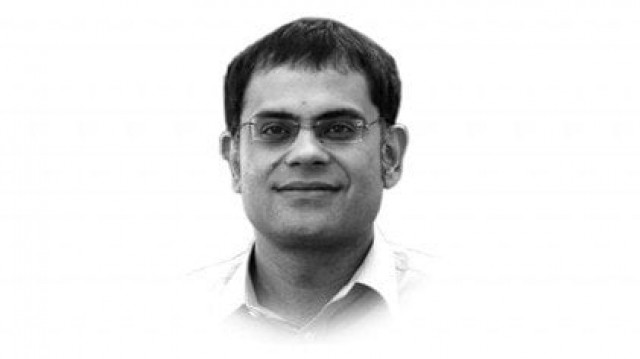Reforming the legislators

The new wave of politician-watch is now emerging from mainstream media which has tasted an unprecedented spurt of power during the anti-Musharraf movement in 2007. Arguably, that was a fascinating moment in our history; however, its long-term ramifications are yet to be assessed. The narrative of the lawyers’ movement places it above the ‘dirty politics’ of the political parties. Symbolically, the elections of 2008 — with fairly legitimate results — were boycotted by the lawyers. Civic action is the backbone of functional democratic polities. However, the media and civil society activists are not elected. This is the plain truth without casting any aspersion on the motives behind the current umbrage on fake degrees of over 150 legislators across the country. The interesting part is that there is less focus on madrassa degrees which are as irrelevant as a spurious degree. After all, who regulates and ensures the quality of madrassa instruction in Pakistan? No one, except the sectarian heads of such seminaries. The reluctance to take on the madrassas also displays the general reticence of the media to confront with political Islam that is inextricably linked to the national security paradigm of the state.
More dangerously, the current debate ignores the wider agenda of electoral reform that remain unattended. The issue of submitting degrees cannot be divorced from other oaths and declarations that the legislators have to provide at the time of contesting elections. The efficacy and capacity of the Election Commission is also a huge challenge that remains ignored. What we need is a comprehensive package of an electoral reforms agenda agreed by the political parties. The Charter of Democracy has pointers that can be expanded further. We don’t want witch-hunting and further defamation of the politicians at a time when the democratic system faces formidable dangers and the might of the unelected remains supreme over the elected. Democracy does not become functional, moral and competent in two years after a decade of dictatorship.
This is why the out of focus shrill on the fake degrees contains the seeds of political instability. Already there are predictions and endless talk shows on the possibility of mid-term elections. Is it not a democratic norm to let an elected government complete its tenure? Even if hundreds of legislators are disqualified by the Election Commission, by-elections can be held within 90 days and the issue will be resolved. Political parties should be pressurised to deliver on their internal accountability and transparent management of party structures. But they should not be hounded and discredited so soon. We will have to choose what we want to be: an autocratic banana republic or a democratic polity. If we choose the latter then we have to be fair, democratic, and not so ready to dismiss the electoral process altogether. Reforming the institutions is far more rewarding than abolishing them.
Published in The Express Tribune, July 2nd, 2010.














COMMENTS
Comments are moderated and generally will be posted if they are on-topic and not abusive.
For more information, please see our Comments FAQ